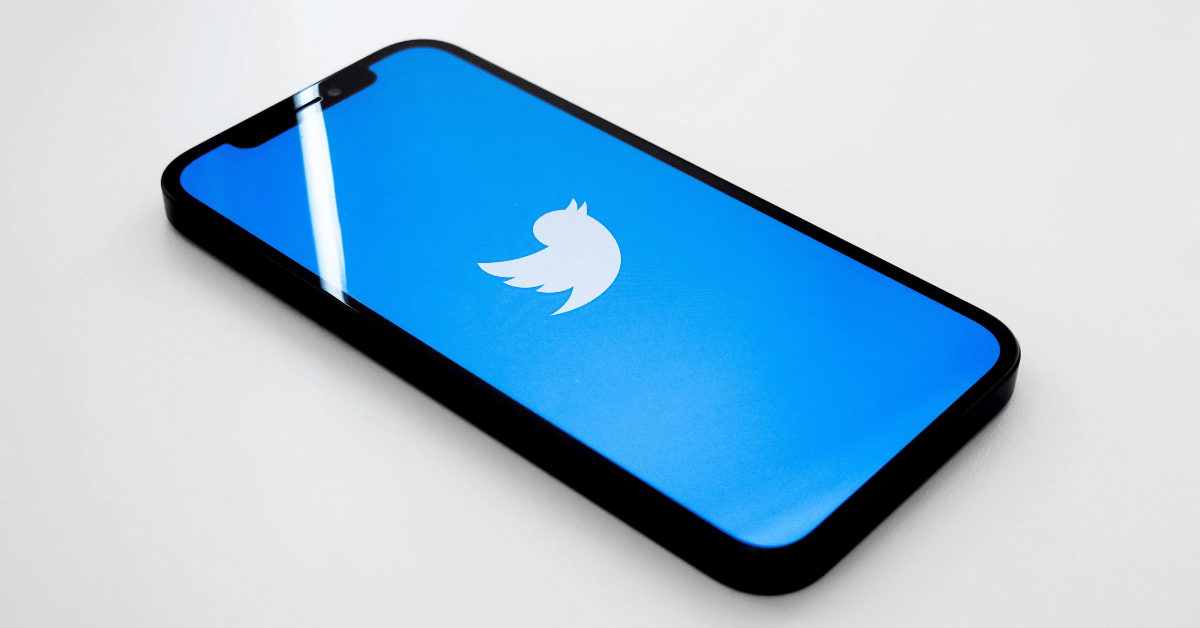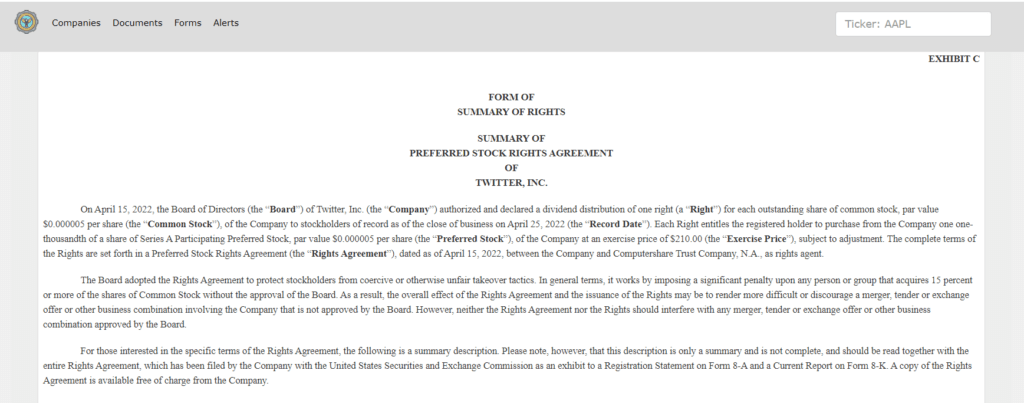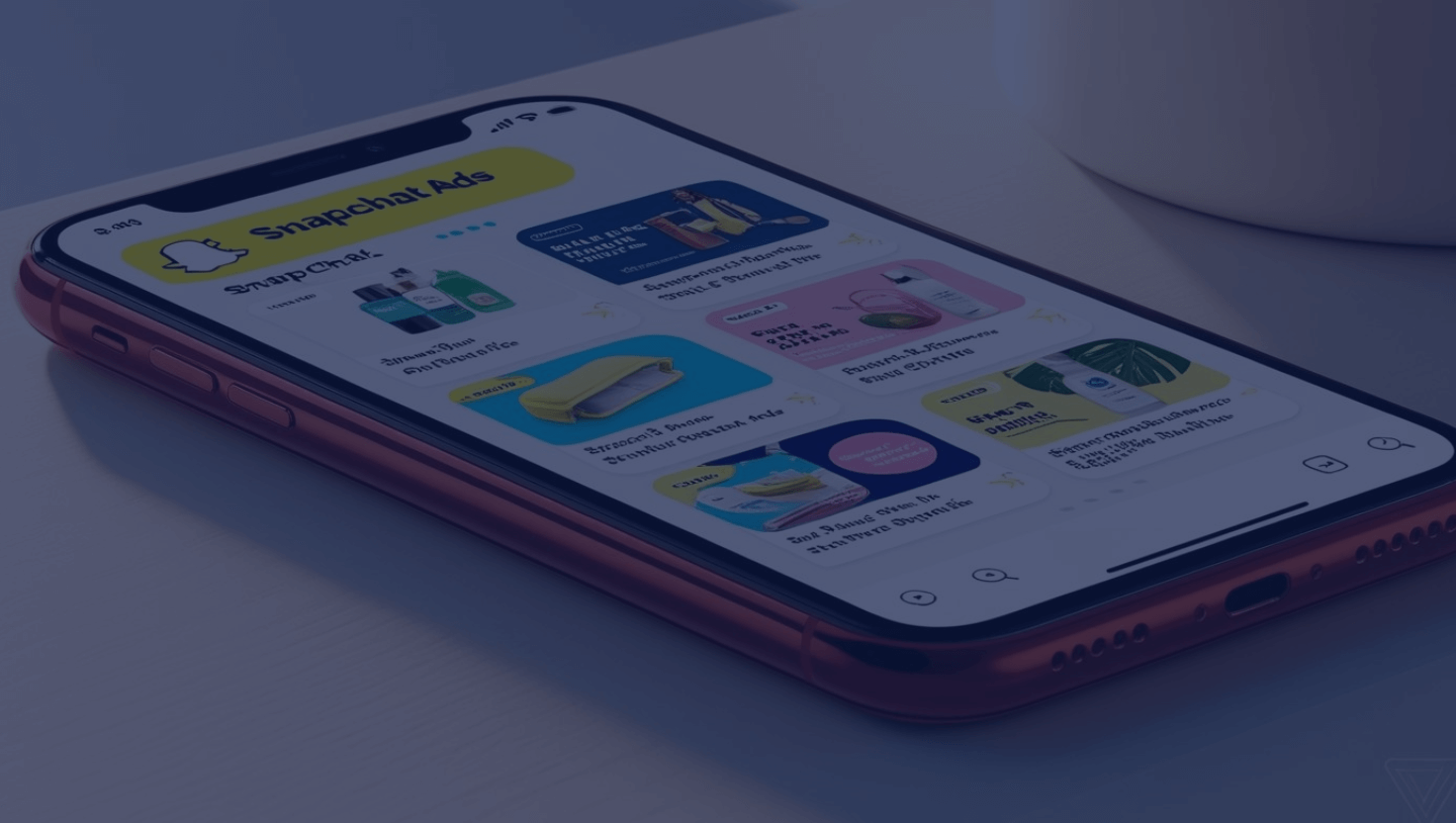
After recent discussions between Twitter’s board of directors and tech billionaire Elon Musk, Twitter is experiencing renewed relevancy. Musk is seeking to purchase Twitter to lift platform restrictions on free speech and broaden technological transparency. However, Musk’s new vision for the social giant has created cause for concern and new barriers to acquisition. Continue reading to learn why Musk and Twitter are at odds and the implications for the social media platform if acquired by Musk.
Twitter vs. Elon Musk April Recap
Earlier this month, Musk purchased a 9.1% stake in Twitter and considered joining the company’s board of directors before reversing the decision. Instead, the tech mogul opted out of joining the board to propel further his hopes for uncensored free speech and technological transparency. To do so, he’s making an unsolicited bid to buy the social media company for $54.20 a share, or approximately $43 billion.
I made an offer https://t.co/VvreuPMeLu
— Elon Musk (@elonmusk) April 14, 2022
In a letter addressed to Twitter Chairman Bret Taylor, Musk expresses, “I invested in Twitter as I believe in its potential to be the platform for free speech around the globe, and I believe free speech is a societal imperative for a functioning democracy.” Moreover, Musk believes publicly traded social media companies should be private because their current conditions can “neither thrive nor serve” free speech.
Taking Twitter private at $54.20 should be up to shareholders, not the board
— Elon Musk (@elonmusk) April 14, 2022
Currently, Twitter prohibits speech that can cause harm, such as spam, violent threats, coordinated disinformation campaigns, and sharing private information. In a recent TED interview, Musk explained that he would limit speech moderation primarily to tweets considered “a crime” according to U.S. law.
A social media platform’s policies are good if the most extreme 10% on left and right are equally unhappy
— Elon Musk (@elonmusk) April 19, 2022
Another moderation policy Musk intends to relax if able to acquire Twitter is the platform’s privacy around its algorithm. The algorithm ranks content and controls what users view on their feeds. Musk would open-source Twitter’s algorithm to make the company’s content moderation decisions public to increase transparency. Disclosing the algorithm’s inner workings would, in turn, reconfigure how the platform operates.
Reactions to Musk’s Bid for Twitter Ownership
Musk’s unsolicited bid and platform policy changes for Twitter have received a slew of mixed reactions. While some view the billionaire’s offer as a “hostile takeover,” others view it as a welcome change to alleged political censorship.
I am frightened by the impact on society and politics if Elon Musk acquires Twitter. He seems to believe that on social media anything goes. For democracy to survive, we need more content moderation, not less.
— Max Boot 🇺🇦🇺🇸 (@MaxBoot) April 14, 2022
Opponents of a Musk-owned Twitter worry that his influence on the company’s policies would cause abusive users and harmful content. Some inside Twitter also express fears of social harm with lax speech restrictions. Several Twitter employees who spoke with Reuters explain that changing the moderation policies risks undermining extensive efforts to create a space for healthy discourse. Some of the most significant employee concerns are increased trolling and mob attacks.
Conversely, some Republican members of Congress favor Musk’s proposed policies. They believe Twitter and other social media networks censor conservative content and are biased against right-wing figures. Previous Twitter bans and suspensions of Republican politicians such as Donald Trump and Rep. Marjorie Taylor Greene resulted from violating Twitter’s policies against hate speech, spreading disinformation, or promoting violence. With Musk’s less restrictive free speech policies, Republicans view his leadership as benefiting their party’s social media usage.
Twitter Adopts “Poison Pill” to Block Musk
To stifle Musk’s crusade for Twitter ownership, Twitter’s board of directors unanimously voted to adopt a “poison pill,” or shareholder rights plan. Historically, this defensive measure deters hostile acquisitions by diluting shares, making the target’s shares more expensive.
Source: SEC Report
While the Twitter board seems opposed to Musk acquiring the company under his current agenda, they are open to accepting future offers that align with the interests of Twitter and its shareholders.
Conclusion
In the letter Musk sent to Taylor, he notes, “My offer is my best and final offer, and if it is not accepted, I would need to reconsider my position as a shareholder.” Additionally, Musk mentioned in his TED interview that he has an undisclosed backup plan if he cannot acquire Twitter. Although it is uncertain how the tug-of-war for Twitter will pan out, free speech and transparency will remain at the top of social media platforms. How will this concept play into Google’s new N-E-E-A-T standards? Contact us to learn more and to see how our custom SEO services can boost your online revenue within three months.






